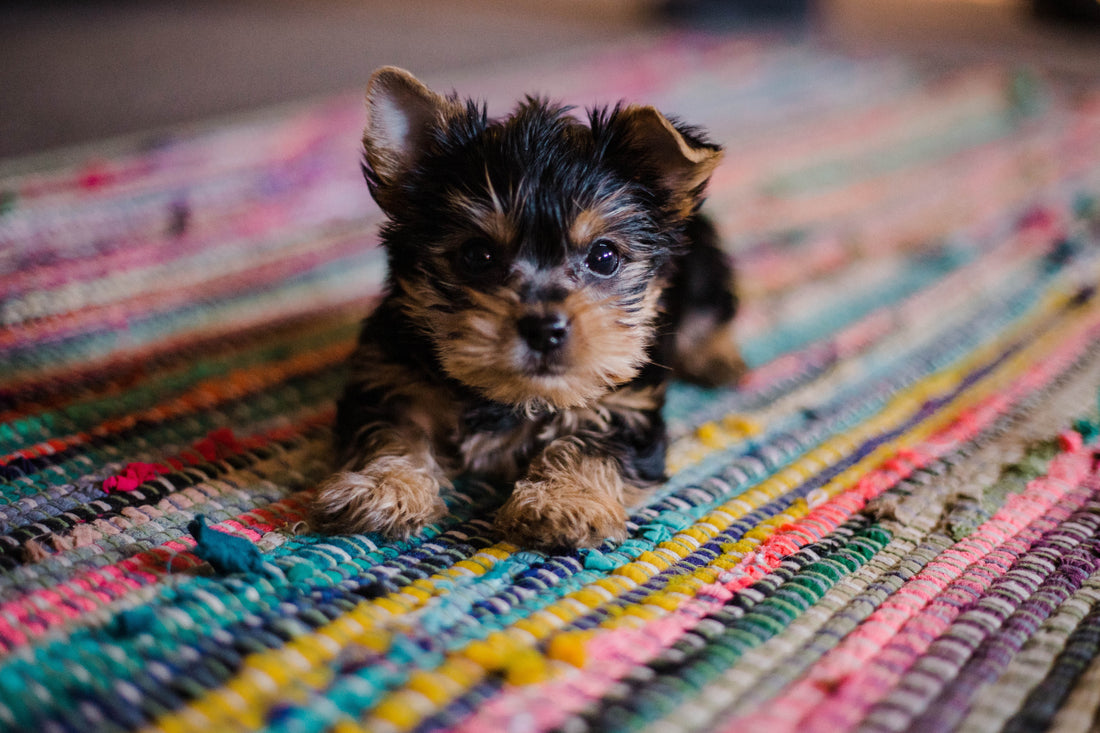Bringing home a new puppy is an exciting adventure filled with cuddles, playtime, and—let's face it—some challenges. But fear not! With the right approach to training, you can set your pup on the path to becoming a well-behaved and happy member of your family. Here's your comprehensive guide to puppy training.
1. Start Early, Stay Consistent
Socialization: Introduce your puppy to various environments, people, and other animals early on. This helps prevent fear and aggression later in life. Puppy classes or controlled playdates can be invaluable.
Basic Commands: Begin with simple commands like sit, stay, and come. Use positive reinforcement techniques such as treats, praise, and toys to encourage good behavior.
2. Establish a Routine
Potty Training: Consistency is key! Take your pup outside frequently, especially after meals, naps, and playtime. Reward them for eliminating outside to reinforce the desired behavior.
Feeding Schedule: Stick to a regular feeding schedule. This not only helps with potty training but also establishes a routine for your puppy's digestive system.
3. Crate Training and Safe Spaces
Crate Training: Introduce your pup to a crate as a safe and comfortable space. Make it cozy with bedding and toys. Gradually increase the time they spend in the crate, associating it with positive experiences.
Safe Areas: Designate areas where your puppy can roam freely without getting into mischief. Baby gates or playpens can help create boundaries.
4. Positive Reinforcement and Patience
Consistent Rewards: Use treats, praise, and toys as rewards for desired behaviors. Consistency and positivity go a long way in reinforcing good habits.
Patience: Remember, puppies are learning! They might make mistakes, but patience and gentle guidance are key to successful training.
5. Social Interaction and Playtime
Playtime: Engage in interactive play sessions to bond with your puppy. Use toys to redirect their chewing behavior onto appropriate items.
Handling Exercises: Gently handle your puppy's paws, ears, and body to get them accustomed to grooming and vet check-ups.
6. Seek Professional Guidance
Professional Training Classes: Consider enrolling your pup in obedience classes led by experienced trainers. These classes offer structured training and socialization opportunities.
Vet Consultation: Consult your vet for guidance on behavior, health, and training tips specific to your puppy's breed or health condition.
Final Thoughts
Raising a well-mannered and happy puppy requires time, effort, and consistency. Remember, every puppy is unique, so adjust your training methods to suit your pup's personality and needs.
Buckle up for this rewarding journey of puppyhood! With love, patience, and a solid training foundation, you'll soon witness your furry friend blossoming into a well-behaved, loving companion.

